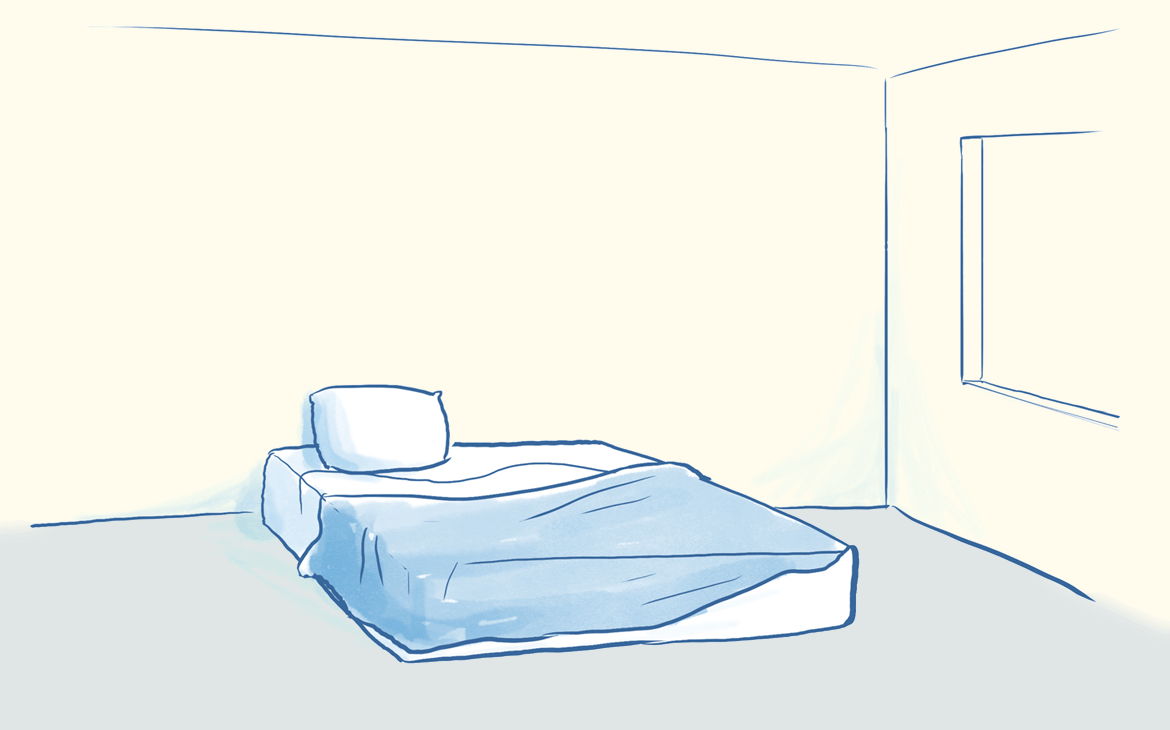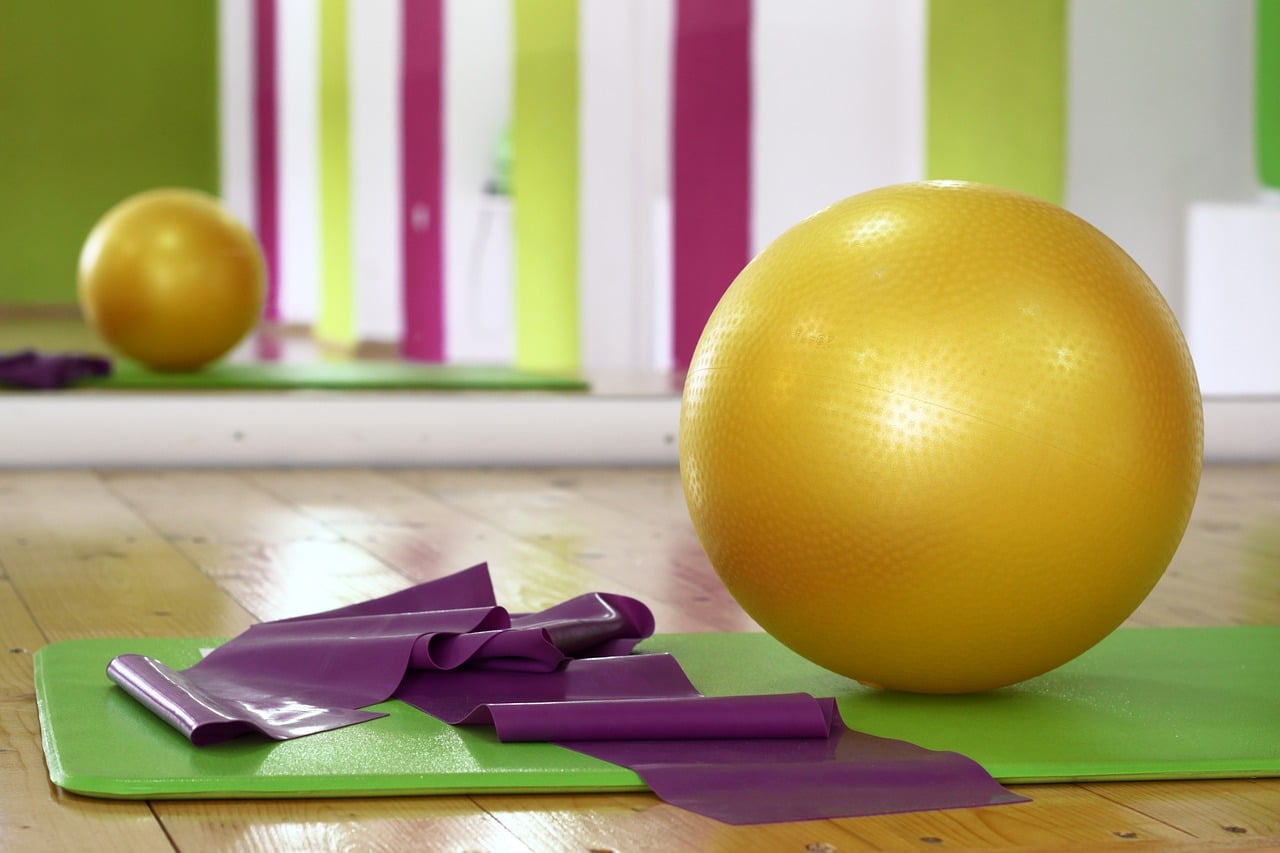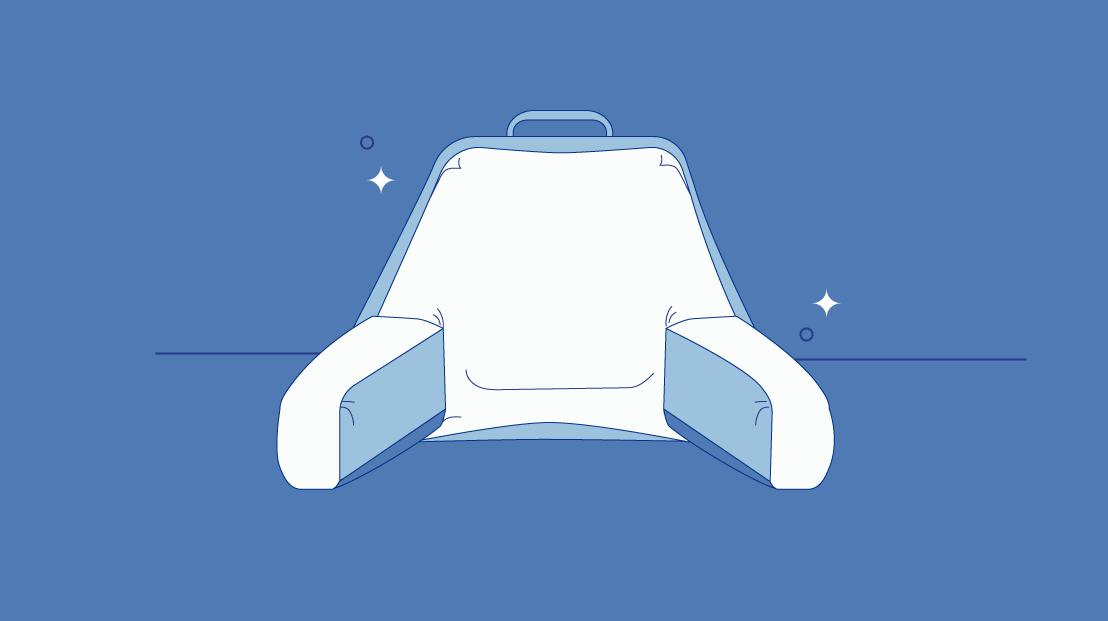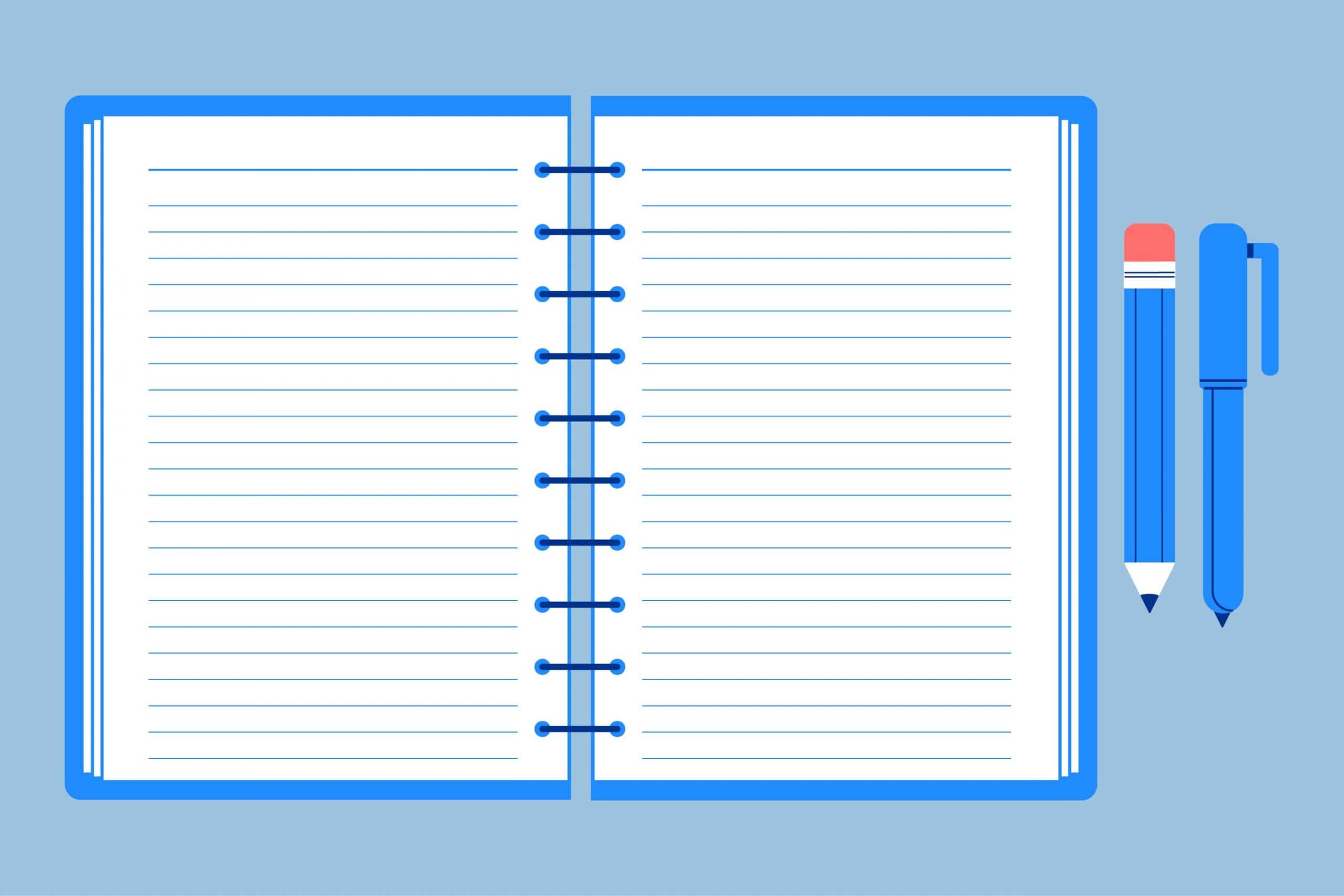Key Takeaways
- Importance of a Balanced Workspace: While a cluttered environment can lead to distraction and reduced productivity, an overly minimalist space might not be the most conducive for optimum performance. Studies have shown that some elements of personalization and decor in a workspace can enhance satisfaction and concentration, leading to increased productivity and creativity.
- Benefits of Personal Touches: Incorporating personal touches such as plants and artwork in your workspace can contribute to a more inviting and comfortable atmosphere. The presence of plants, known for their mood-boosting effects, can help create a refreshing environment. Including playful items like an Etch-a-Sketch or Silly Putty can also provide a mental break and prevent burnout.
- Maintenance and Organization: Establishing a routine for daily cleanup and organization can help maintain a clutter-free workspace. Spending a few minutes at the end of each day to organize your desk can prevent clutter from accumulating and ensure a more organized environment for the next workday.
The minimalist approach seems increasingly popular, with clean and simple designs abounding. Less physical stuff equals less stuff to think about, which equals more time to get the important stuff done.
That’s the mantra of most minimalists. And if you feel your productivity nearing zero, following suit might seem like a tempting idea.
Going the KonMari route at work might seem like a smart way to cull clutter and help you feel less distracted. After all, physical environment is the number-one thing that determines your ability to focus on the job (or not).
But clearing every single thing off your desk or emptying out your office isn’t necessarily the path to workspace nirvana. When it comes to tackling your to-do list, going full-on minimalist might actually do more harm than good.
Here’s a look at how the stuff in your workspace affects your state of mind, plus, how to strike the right balance for maximum productivity.
The theory behind less stuff=less stress.
Obviously, constantly being confronted by a messy pile of stuff can put you on edge. That’s because clutter actually manages to steal your attention.
Even though it’s just sitting there, it’s impossible for most of us to not keep focusing on that mountain of folders, or books, or other random junk. Which diverts valuable attention away from the more important task you actually need to work on.
Science backs this up. In a National Institutes of Health study, Verified Source National Library of Medicine (NIH) World’s largest medical library, making biomedical data and information more accessible. View source researchers scanned the brains of participants in both cluttered and organized environments while the participants completed various tasks. They found that people in cluttered environments were less productive, more distracted, and even more likely to get frustrated or annoyed compared to those in organized environments.
It’s not actually that much different from having your phone constantly pinging. Just like you can focus more intensely when you put your device away for a while, you’re better able to zero in on doing what you need to do when your eyes aren’t constantly being drawn to a gigantic mess.
Why minimalism can backfire.
Think of keeping your space neat and tidy kind of like a hack to boost your productivity. But what if, instead of having to constantly reorganize everything, you just got rid of most of it?
Wouldn’t having a totally spartan desk or room save your mental resources so you could focus on what matters most?
It might seem like having one of those sleek, Pinterest-worthy setups would solve all your problems. But in fact, going too minimalist might actually backfire.
When researchers from Britain and the Netherlands Verified Source American Psychological Association (APA) Collaborative organization for psychologists across the country. View source studied the quality of life of workers in different offices, they found that those who worked in spaces with some décor felt more satisfied and had an easier time concentrating compared to those who worked in sparse environments. They were more productive, too.
Which, when you think about it, makes sense. Sure, that little potted succulent might call for some occasional upkeep. Or you might find yourself daydreaming about last summer’s amazing vacation when you look up at that cluster of seashells you collected. But seeing them helps your space feel warm and personable instead of cold and sterile.
That, in turn, makes you feel good. And when you feel good, experts know that you’re in a state of mind to get more stuff done, solve problems more effectively, and even think more creatively.
Striking the right balance.
A bare workspace may bum you out. But one with too much stuff runs the risk of getting cluttered, which may make you crazed. So how to find your sweet spot?
These simple tips can help:
- Go green. Countless studies Verified Source National Library of Medicine (NIH) World’s largest medical library, making biomedical data and information more accessible. View source have documented the mood- and productivity-boosting effects of plants in the workplace, so try sprucing up your space with some low-maintenance options. Pothos, snake plants, and areca palms thrive in moderate light and don’t need a ton of water, making them excellent plants for the bedroom.
- Find brain-boosting art. The color blue is thought to simultaneously boost productivity and relaxation. Hang up some art with blue tones (putting it on the wall frees up desk space), or tack blue-hued clippings from magazines or books on your vision board.
- Embrace your inner kid. A mini Etch-a-Sketch or one of those Silly Putty eggs doesn’t just look quirky. Playing with it can give your brain a much-needed break when you’re starting to burn out.
- Do a daily cleanup. Make it a habit to organize your desk before you go home. It only takes five minutes—and doing it every day means the mess will never get out of control.
About the author
Marygrace Taylor is an award-winning health writer for Amerisleep. Her commitment to sleep health is evident in her ability to consistently prioritize eight hours of sleep each night. Her in-depth interviews with industry experts, such as Ken Ceder on "Why Light is Essential for Great Sleep and Optimum Health," highlight her dedication to delivering valuable insights. Marygrace's work has been featured in reputable publications like Business Insider, Glamour, Refinery29, Metro UK, and Hunker, further solidifying her expertise in the field.
View all posts





